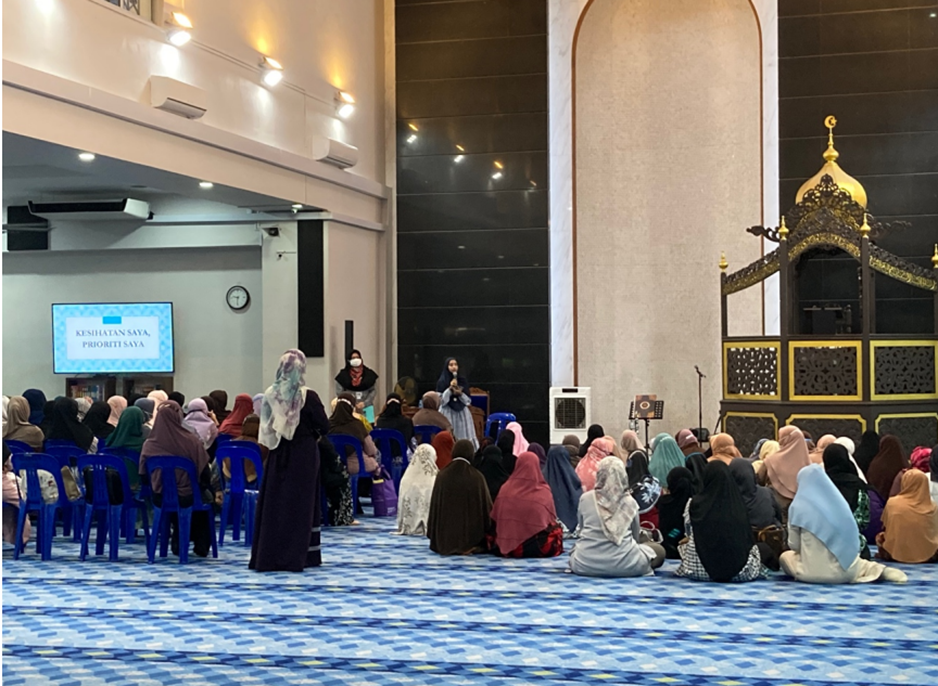An Interdisciplinary Exploration of the Body in Malay Society by Dr Alicia Izharuddin
February 24, 2025

HS2919
Blood and Womb: Culture and the Body in Malay Society
Why do so many people turn to traditional healers to treat serious ailments even when they can access modern biomedicine? How do culture, religion, and history influence a community’s health behaviour and decision-making? Can cultural competency make healthcare more equitable? These questions are answered in ‘Blood and Womb: Culture and the Body in Malay Society’, the first ever interdisciplinary course offered by the Department of Malay Studies at NUS. Taught by lecturers from the Malay Studies Department and the Saw Swee Hock School of Public Health, Alicia Izharuddin and Wong Mee Lian, the course brings together their expertise and approaches from sociology, anthropology, public health education, and community health to bear on contemporary matters related to the health and wellbeing of Malay communities across Southeast Asia.
In this course, students get to develop a deeper understanding of the body as both biological and social sites of intervention. Topics covered in the course include the cultural meanings of blood, the colonial history of mental illness, racialised trends in cancer screenings, the biopolitics of population control, and religious challenges of artificial reproductive technology. But there are lighter moments, too. There are fun activities in the course that encourage a range of creative and transferable skills. For example, students gain an opportunity to write, role-play and recite Malay healing incantations used in traditional healing, and develop campaign posters to encourage older Malay men to perform muscle strengthening exercises. There are many multifaceted aspects to the course that have enriched students’ learning experience and appreciation of the social sciences. Past students who have taken this course have said it is ‘one of the most interesting courses they have taken’ at NUS and have ‘highly recommended it’ to friends and other prospective students. There are no special requirements for students interested in enrolling in this course.

